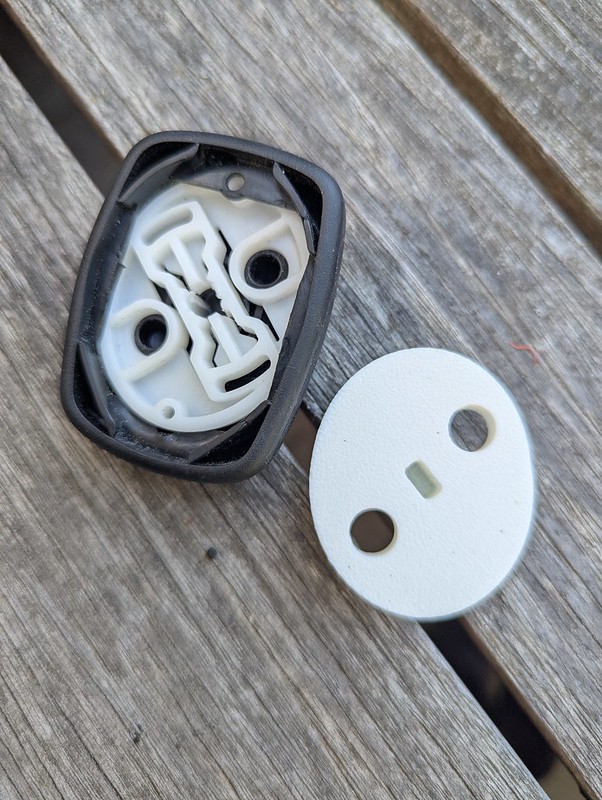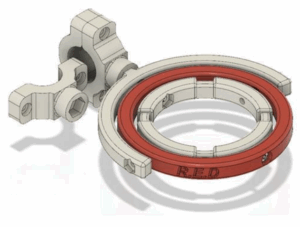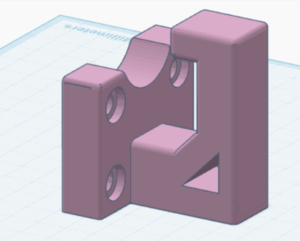The Whill powerchair joysticks have a hard plastic insert inside a softer rubber cap that fits in a person’s palm. This plastic insert slots onto a metal post, so that it can be rotated and click into place to orient the palm control differently. A common problem with the joystick is that the plastic interior wears away in the spot where it sits on the metal post, causing the joystick to slide around unpredictably.
This 3D printed replacement part is easily made from PLA filament and can be popped into the rubber joystick cap!
https://www.thingiverse.com/thing:7193879


